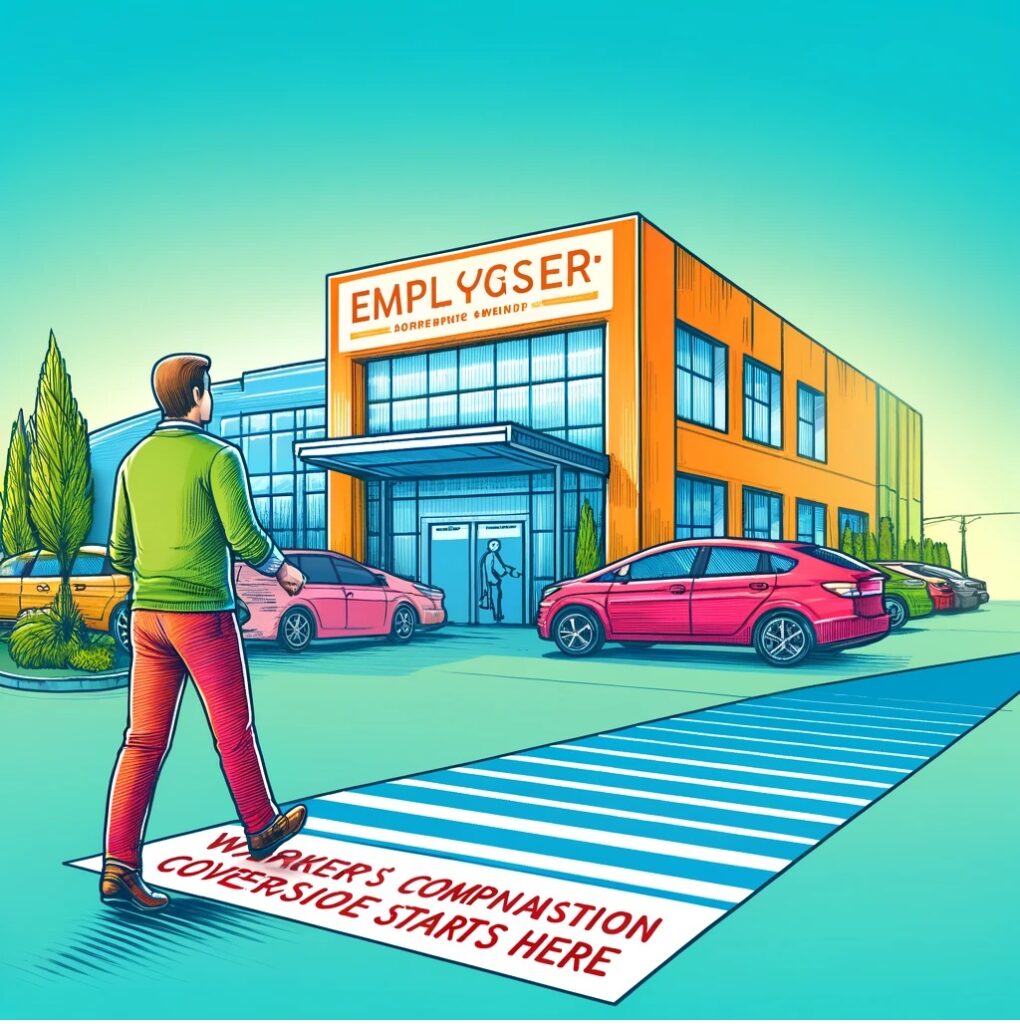At Franco Muñoz Law Firm, we aim to help workers understand important laws that affect their rights. One crucial rule in workers’ compensation is the premises line rule. Let’s break it down so you know how it works and how it might affect you if you get injured at work.

What is the Premises Line Rule?
The premises line rule is a legal concept that determines when your commute ends and your work begins. Under this rule, once you enter your employer’s property, any injury you sustain is generally covered by workers’ compensation. This includes places like parking lots, sidewalks, or any area owned or controlled by your employer.
Why is This Rule Important?
This rule is important because it means you are protected by workers’ compensation from the moment you step onto your employer’s property. You don’t have to prove that your employer was at fault for your injury. This can make getting benefits easier and faster.
Recent Case: Jones v. The Regents of the University of California
A recent case helps explain how the premises line rule works. In Jones v. The Regents of the University of California (2023), an employee at the University of California, Irvine (UCI) got hurt while riding her bike on university grounds. She tried to sue the university in civil court, but the court said her injury was covered by workers’ compensation because it happened on the employer’s property.
How Broad is the Employer’s Premises?
Courts have broadly interpreted what counts as the employer’s premises. In the Jones case, the entire university campus was considered the employer’s premises. This means that no matter how big your employer’s property is, if you get hurt there, workers’ compensation usually covers you.
Exceptions to the Rule
There are some exceptions. For example:
- Police officers injured on public roads within city limits while commuting are not covered.
- An employee of the city and county of San Francisco was not covered when injured on city property across the street from his workplace.
These exceptions show that not all injuries on property owned by your employer are compensable.
Why Do We Have the Premises Line Rule?
The rule was created to make it clear when workers’ compensation starts to apply. The goal of workers’ compensation is to provide quick and certain benefits to injured workers without needing to prove fault. In exchange, workers give up the right to sue for more money in civil court.
What Should You Remember?
- Once you are on your employer’s property, any injury is usually covered by workers’ compensation.
- This includes parking lots, sidewalks, and other areas controlled by your employer.
- You don’t need to prove your employer was at fault to get benefits.
If you have any questions about your rights under the premises line rule or if you get injured at work, contact Franco Muñoz Law Firm today. We are here to help you understand your rights and get the benefits you deserve.







